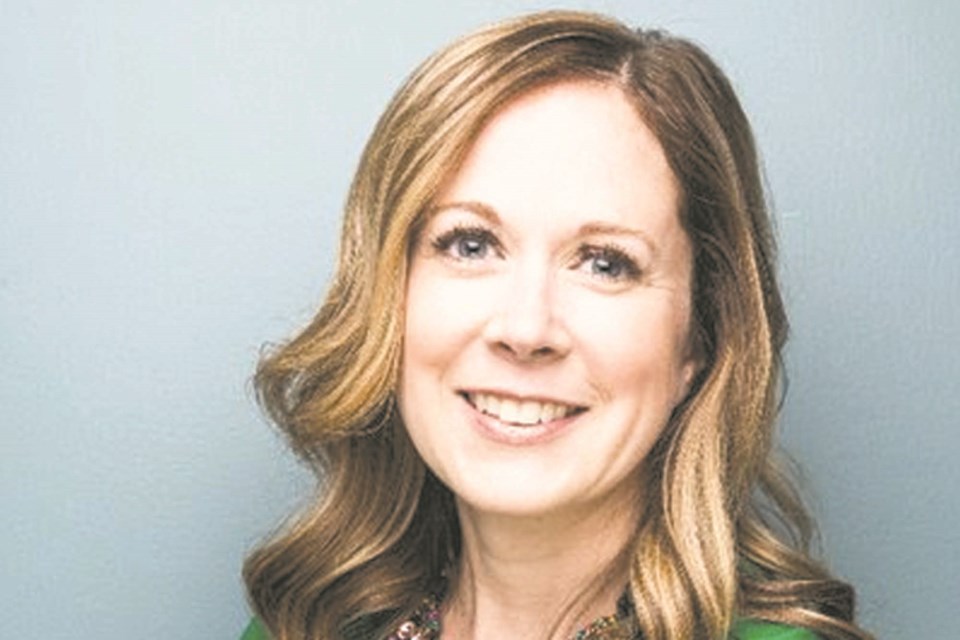In a world where busy-ness is viewed as a symbol of success, one of the most overwhelming effects of the new COVID-19 reality is how to deal with something many of us have not experienced in a while: living in a world where time has slowed down.
It isn’t that we’ve all entered a new life of leisure. The idea that there is not enough time in a day is still valid for many of us, especially parents. This new normal has replaced the daily schedule of commuting, working out of the house, and kids social/sporting events with work video conferences, facilitating kids' e-learning, check-in phone calls with friends and family members, and a lot more cooking. Set office hours are nonexistent; with businesses in 24/7 crisis mode there are now less boundaries on when emails are checked, calls are returned or projects are completed. Although many businesses have been deemed nonessential to remain open to the public, for most of us the work continues and, with these strained financial times, the paycheck we are grateful to receive is more essential than ever.
The way we receive and digest news has also changed. The daily schedule of news conferences has become moments of both hope and dread as we listen for much-needed facts on assistance programs and new health measures but also get slammed with the startling reality of new case statistics, projected models and the solemn announcement of the number of deaths. For many of us, the amount of negativity and misinformation about COVID-19 that floods our social media newsfeeds and news channels is not just the constant reminder that this situation is happening but also serves to renew and increase the anxiety that we feel about it.
Mental health struggles in times like this are normal and expected. There is a considerable amount of pressure to feel like you must be productive in your job and at the same time ensure that your child doesn’t fall behind with their schoolwork. There is guilt when you don’t check in with extended family members every couple of days, especially if they live alone or far away. There is significant fear over the possibility of exposure to the virus and the health of your friends, family, seniors in long-term care facilities, and members of vulnerable populations. There can be shame that you haven’t exercised enough, watched all the new TV shows everyone is talking about, had your kids learn a new language, baked homemade bread or read that stack of books. There is the physical exhaustion that comes with not getting a break or time to yourself and, of course, the sheer mental exhaustion that comes from dealing with the stress and pressure of it all. If you are feeling this way, know that you aren’t alone! We see you and we are here for you.
The truth is that our lives are a cluster of complicated feelings and emotions, and in times like this, many of those feelings become overwhelming. It seems hard to think outside of our own situation, to be thankful. But times like this are exactly when we need to tune into each other for support, connection and unconditional love, whether it is with our personal tribe or strangers. Like COVID-19, gratitude is also contagious, and always finds its way to ripple out into the kindness and hope that we need right now. If we all come out of this learning the practice of being grateful for each other, the world we enter back into will be a better place for all.


